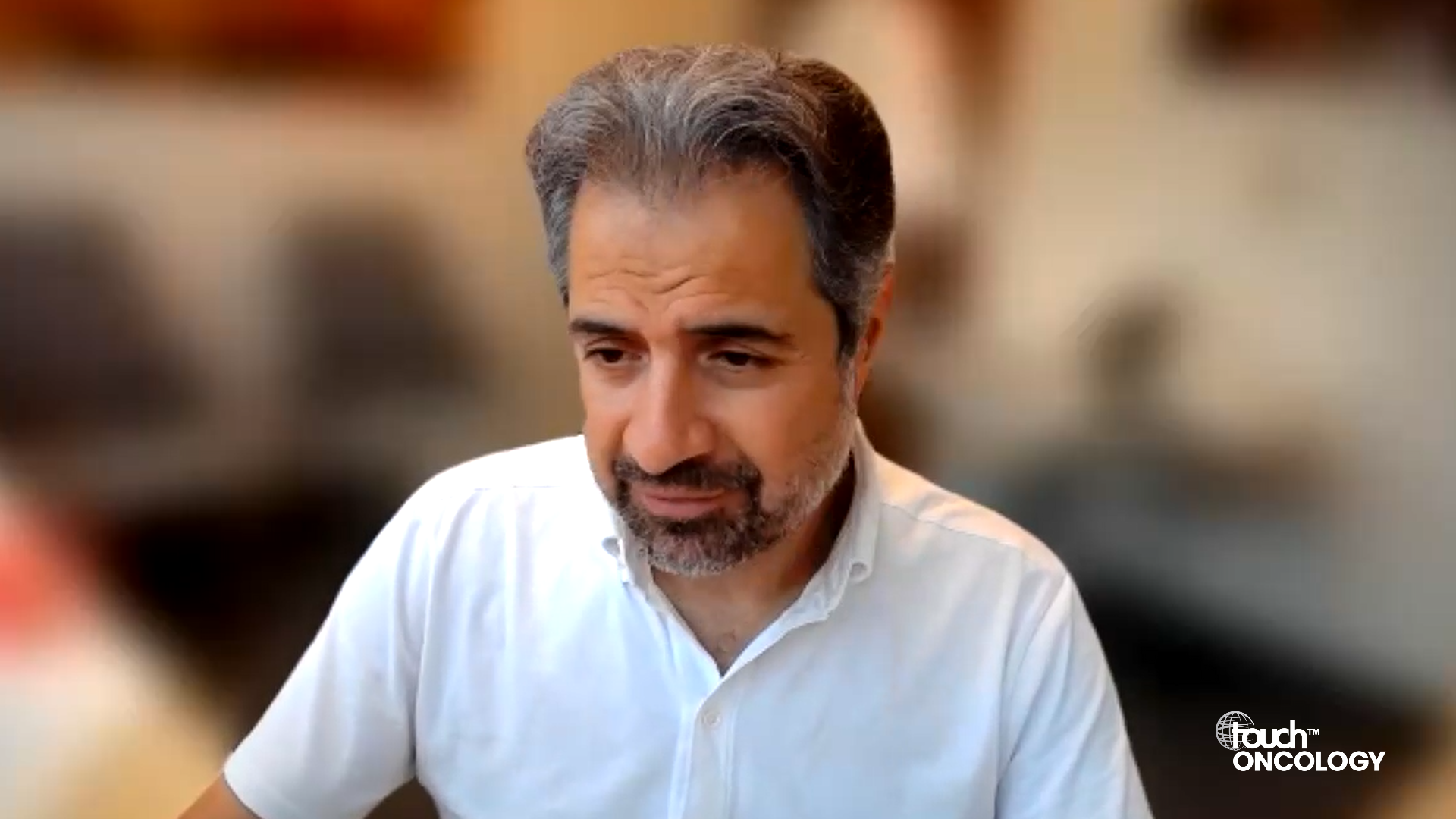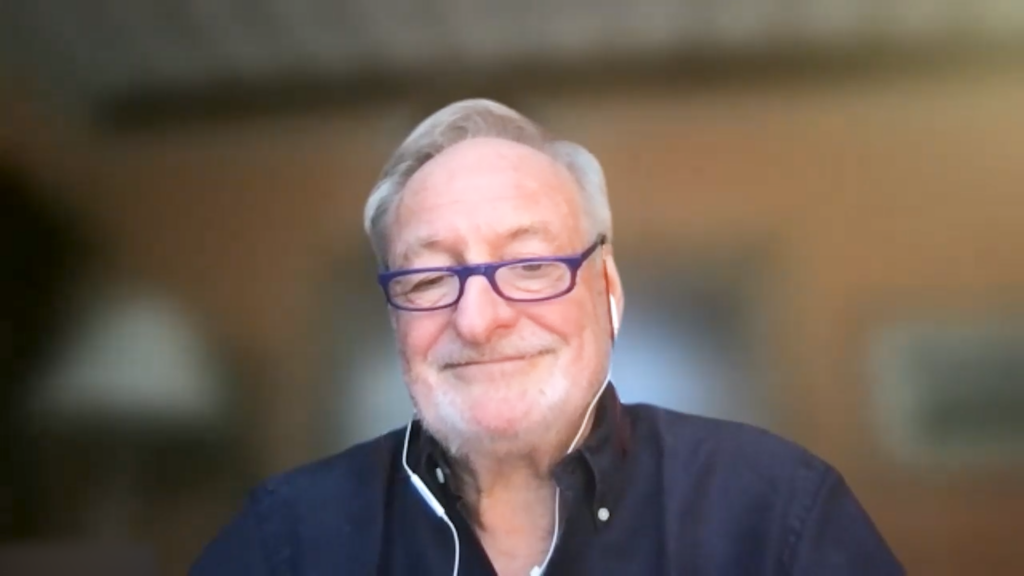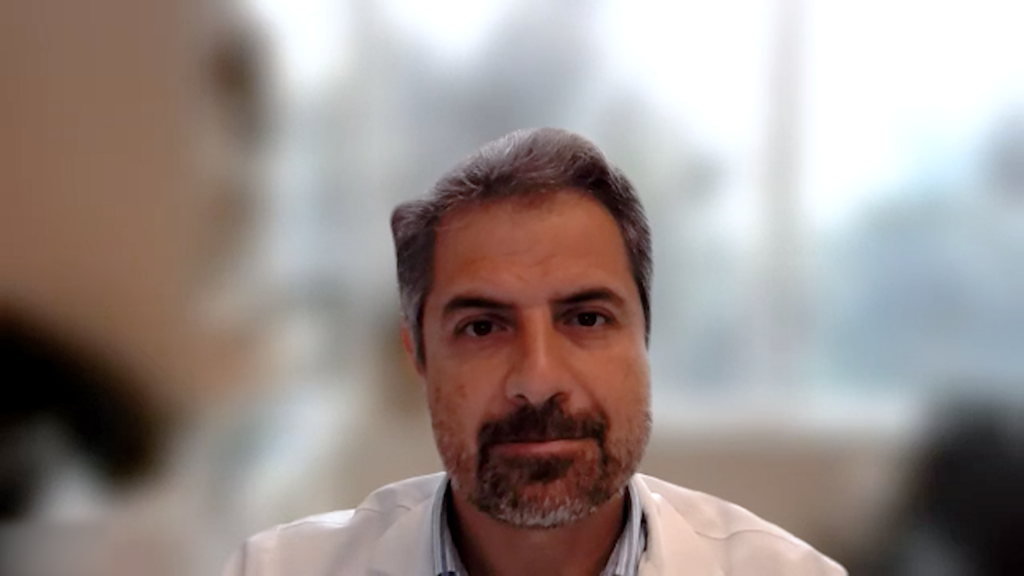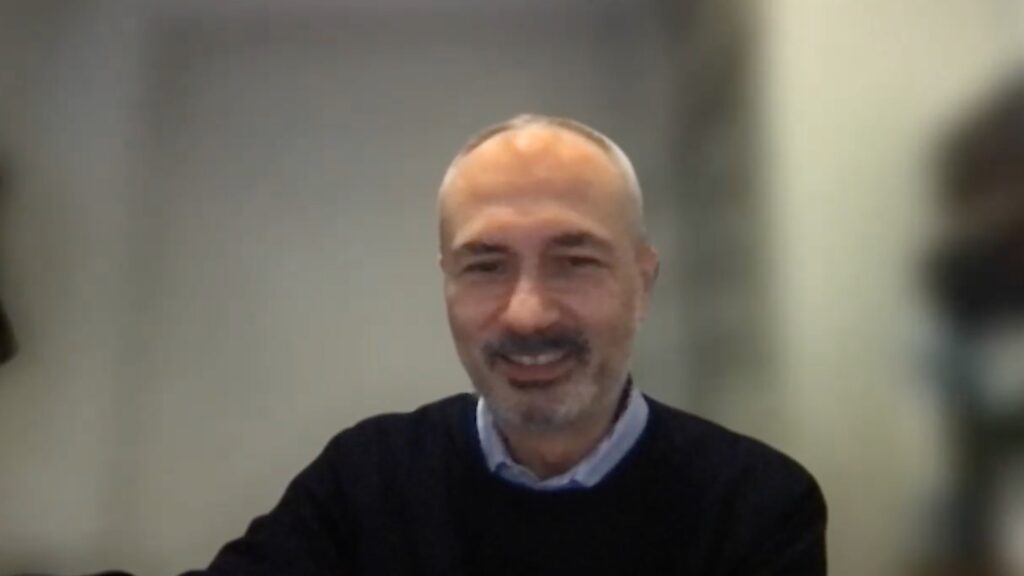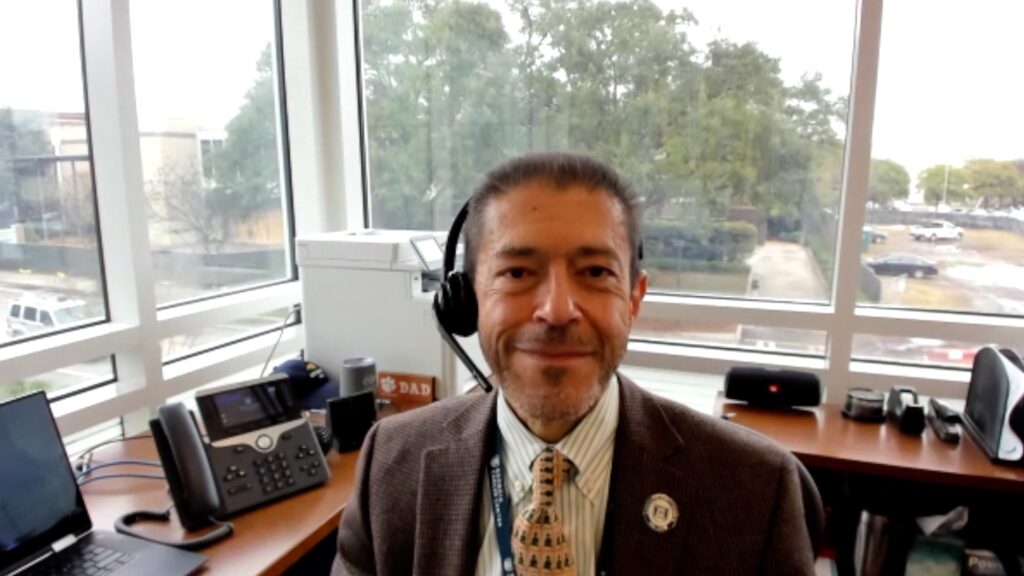Complete remission rates are high for adults with acute lymphoblastic leukaemia (ALL), however, relapse is frequent and survival rates are poor even if the measurable residual disease (MRD) status is negative. In this touchONCOLOGY interview, we speak with Dr Mark Litzow (Mayo Clinic, Rochester, MN, USA) to discuss relapse rates and prognosis in patients with ALL as well as blinatumomab and its approval status for ALL.
The abstract entitled ‘Consolidation Therapy with Blinatumomab Improves Overall Survival in Newly Diagnosed Adult Patients with B-Lineage Acute Lymphoblastic Leukemia in Measurable Residual Disease Negative Remission: Results from the ECOG-ACRIN E1910 Randomized Phase III National Cooperative Clinical Trials Network Trial’ (Abstract #LB-1) was presented at ASH Annual Meeting, 10–13, December, 2022.
Questions:
- How frequent is relapse in acute lymphoblastic leukemia (ALL) and what is the prognosis for relapsed disease? (0:23)
- What is blinatumomab and in what indication is it approved in ALL? (1:24)
Disclosures: Mark Litzow has received grant/research support from Amgen.
Support: Interview and filming supported by Touch Medical Media. Interview conducted by Danielle Crosby.
Filmed as a highlight of ASH 2022
Access more content on Haematological Malignancies and Leukaemia


